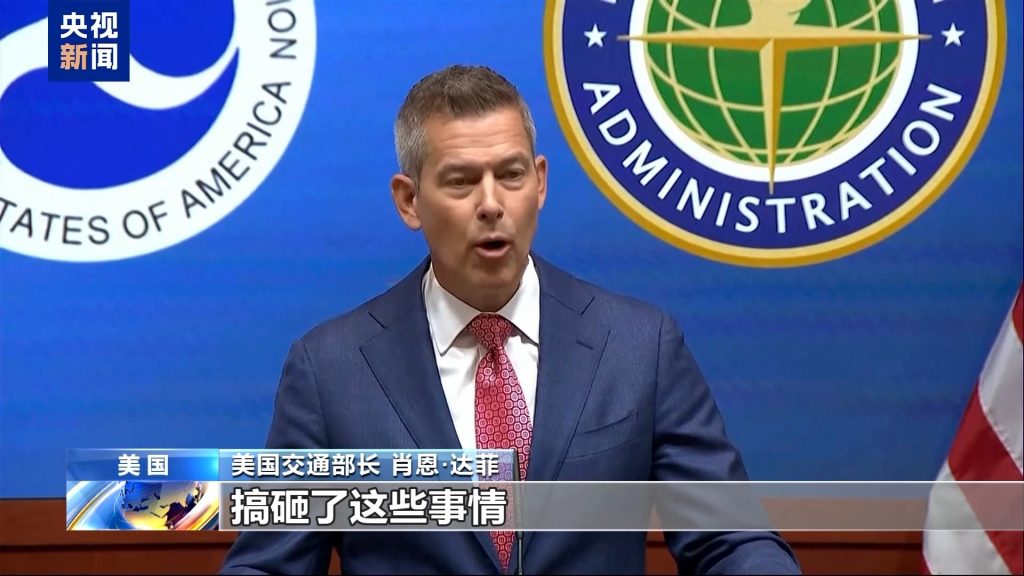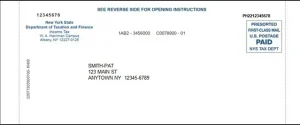Judge rules Trump administration can’t require states to help with immigration enforcement to get transportation funds

On Thursday, a federal judge blocked the Trump administration from withholding billions of dollars in transportation funding from states that don’t agree to participate in certain immigration enforcement actions.
Twenty states filed a lawsuit alleging that Transportation Secretary Sean Duffy threatened to cut off funding to states that refuse to comply with President Trump’s immigration agenda. U.S. District Judge McConnell barred federal transportation officials from carrying out that threat until the lawsuit is fully resolved.
“The Court finds that the states have demonstrated that they face irreparable and lasting harm if they are forced to agree to defendants’ illegal and unconstitutional immigration conditions in order to receive federal transportation funding,” wrote McConnell, chief judge of the U.S. District of Rhode Island. “States face the loss of billions of dollars in federal funds, are forced to relinquish their sovereign right to decide how to use their state police, risk losing the trust they have built between local law enforcement and immigrant communities, and will be forced to scale back, reconsider, or cancel ongoing transportation projects.”
On April 24, states received a letter from the Department of Transportation demanding that they cooperate on immigration efforts or risk losing congressional funding. While the funding was not immediately withheld, some states feared the move was imminent.
Attorneys general from California, Colorado, Connecticut, Delaware, Hawaii, Illinois, Maine, Maryland, Massachusetts, Michigan, Minnesota, Nevada, New Jersey, New Mexico, New York, Oregon, Rhode Island, Washington, Wisconsin and Vermont filed a lawsuit in May, saying the new so-called “Duffy Directive” puts them in a difficult position.
“States must either seek to comply with an unlawful and unconstitutional condition that would relinquish sovereign control over their own law enforcement officers and reduce the willingness of immigrants to report crimes and participate in public health programs — or forgo tens of billions of dollars in funding they routinely rely on to support the roads, highways, railroads, airlines, ferries and bridges that connect communities to their homes,” the attorneys general wrote in court papers.
But Sarah Miron Bloom, acting U.S. attorney for Rhode Island, told the judge that Congress had given the Department of Transportation the legal authority to set conditions on state grants it administers, and requiring states to comply and cooperate with federal law enforcement was a reasonable exercise of that discretion. Blum wrote in court papers that allowing the federal government to withhold funds while litigation proceeds would not cause any lasting harm because the funds could always be disbursed later if needed.
But Blum said requiring the federal government to release funds to uncooperative states could result in not being able to recoup the funds later if the DOT wins the lawsuit.
![]()




